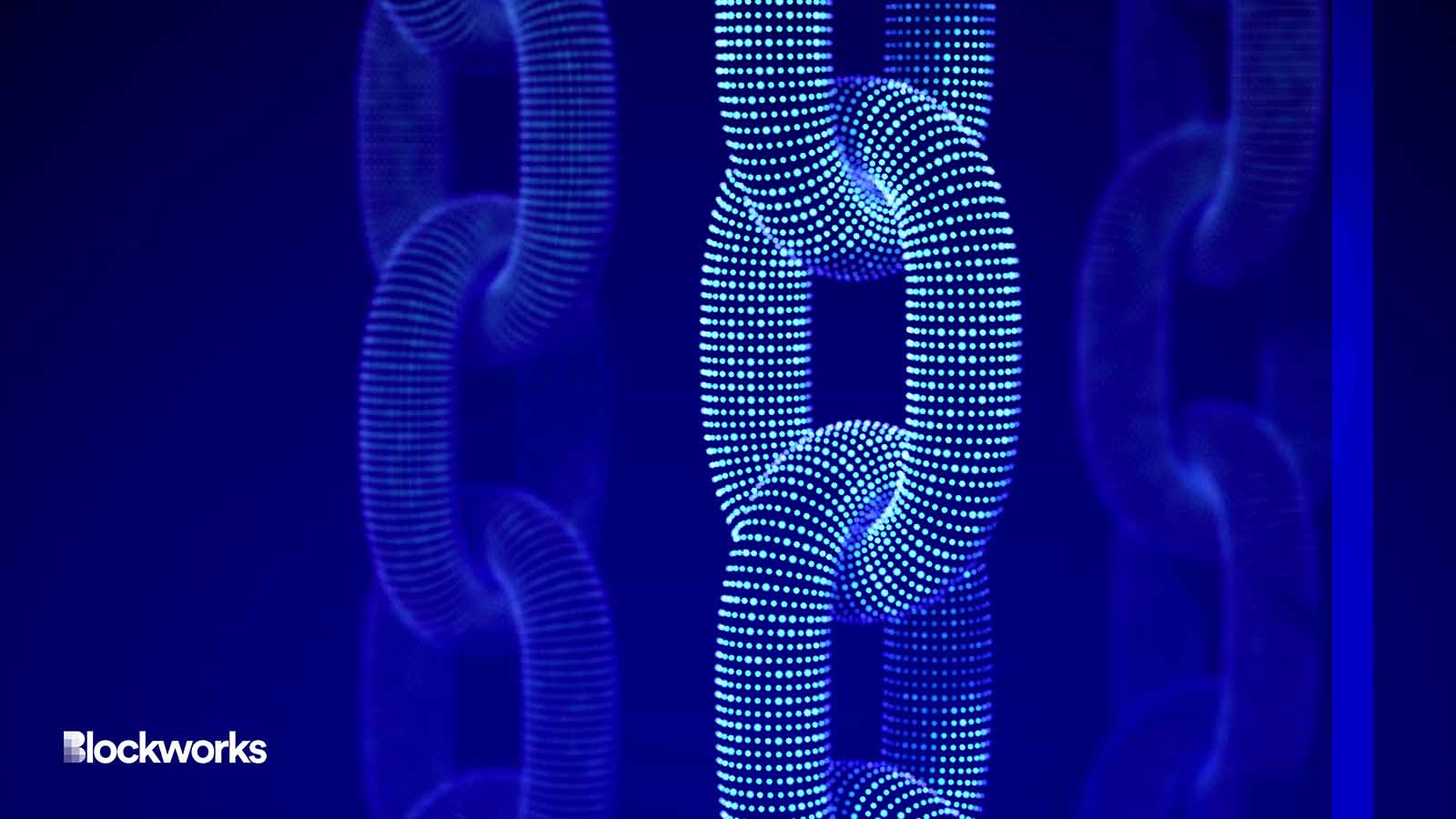There are so many blockchains. And that’s totally OK, says Catalyst’s Chang
Catalyst founder Jim Chang says “we need a standard that takes in all the standards”

Maksim Kabakou/Shutterstock modified by Blockworks
First, there was Bitcoin. Many iterations later, along came Ethereum. Soon, a few more sophisticated solutions joined, like Cosmos and Solana. And more recently, high-performance blockchains like Aptos and Sui have joined the fray.
It’s an ongoing accumulation of years of one-upping, building yet another protocol to edge out competitors. Add in all the rollups and appchains on top of the layer-1 pile and things start to look pretty crowded.
But is that a bad thing?
“I think the world is just going to have lots of chains,” says Jim Chang on a recent episode of the On the Other Side podcast (Spotify / Apple).
The founder of Catalyst, a cross-chain liquidity layer that allows for “borderless blockchain,” feels pretty confident that the ever-growing list of new protocols will only get longer over time. And that’s perfectly OK.
“Everyone’s trying to find this over-encompassing thing,” which is impossible, he says. “You might as well just capitulate and try to aggregate all of them.”
“We need a standard that takes in all the standards.”
Most applications, at least upon reaching a certain level of popularity, are better off in their own proprietary blockchain environment of some sort, Chang says.
“When you are an app and you are generating all this value, you realize that you’re also disproportionately paying a lot of tax” to the host blockchain, he says.
Two examples are Uniswap and OpenSea, he says, which could both arguably enjoy much more revenue in their own custom-made protocols, where they would have full control over network activity and mechanisms such as gas fees, for example.
“With Ethereum,” he says as an example, “there are certain rules that need to happen. If you’re on your own blockchain, you can alter those rules.”
I’ll just shovel for everyone
Podcast host Chase Chapman says, “OK, so everybody’s spinning up their own blockchain. None of these really have a good system for talking to each other.”
Chang uses a snow-shoveling analogy to illustrate his solution, where every house along a city street is a blockchain and the snow-covered sidewalks are “interoperability.”
Everyone would need to shovel the snow in order to access each other’s houses, but the current environment is very “laissez-faire,” Chang says.
A lot of people don’t shovel more than they need for themselves, he explains. And while some neighbors might take out a snowblower and clear perfect paths, others leave icy patches or worse still, don’t shovel at all.
“So you end up having this huge patchwork,” Chang says, where everyone has to trudge through snow and ice to get anywhere.
One approach would be to mandate that everyone follow prescribed procedures to keep the neighborhood tidy and accessible, Chang says. But his solution is much simpler: “I’ll just shovel it for everyone.”
Chang says that with Catalyst, he is building a “really cheap shovel” to give to every house. “And then you can make your own paths.”
“How do we enable these chains with the right tools so that they can start speaking to each other in a very robust way?”
“That’s a philosophy worth testing in the market.”
Freedom and expressivity
“I think it comes down to the ethos of Web3,” Chang says. “How can you do things that bring individual empowerment?” Ultimately, an interoperable multi-chain environment enables freedom and expressivity, he says.
It’s like having his own home, Chang says, where he can customize everything to his tastes. “That’s a completely different feeling than when I have to share a home with a roommate.”
“Or if I’m in a temporary living situation, like a long-term Airbnb and I can’t change anything,” he says, “there’s less expression.”
Chang compares the freedom of building in a multi-chain environment to his own “tailor-made home” that is “optimized for exactly what you need to do and nothing more.”
“That feels pretty awesome, right?”
Get the news in your inbox. Explore Blockworks newsletters:
- The Breakdown: Decoding crypto and the markets. Daily.
- 0xResearch: Alpha in your inbox. Think like an analyst.






